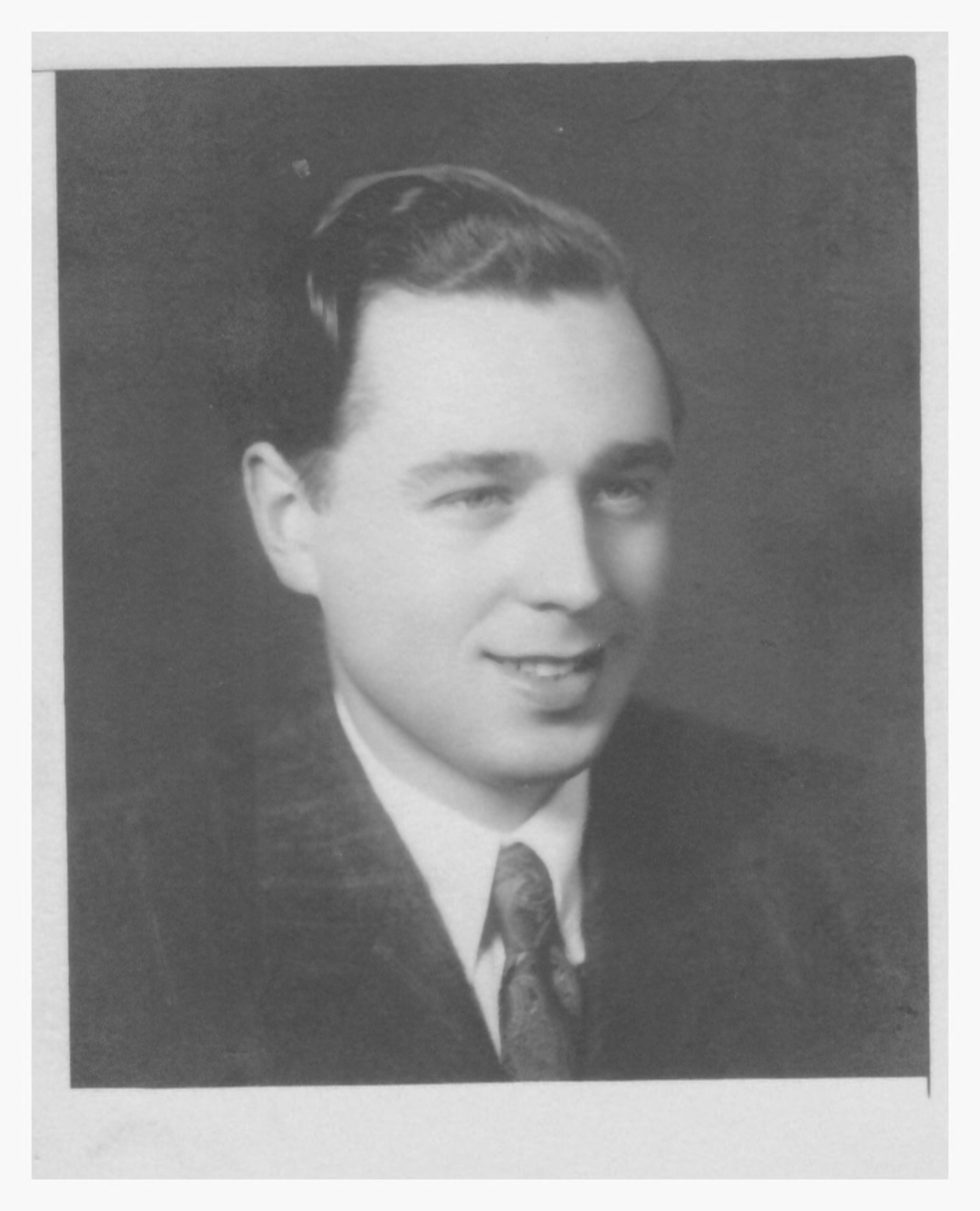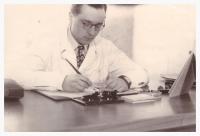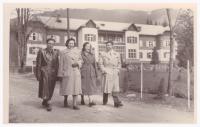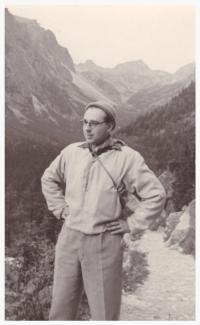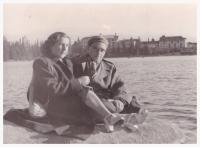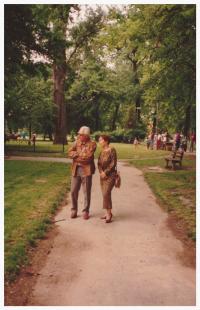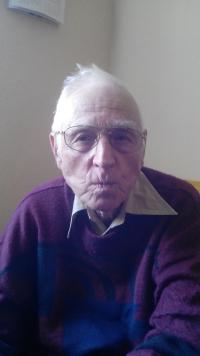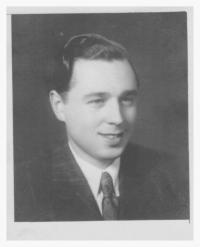The profession of doctor led him up to Soviet Union
Karel Kříž was born on July 1, 1926 in Brno. He studied at the standard grammar school, where he was reached by the Second World War. In the fall of 1944 he had to start working at the factory for ammunition manufacture, in Zbrojovka Brno. During this period he witnessed bombing of his hometown for several times. He spent the front´s crossing along with his parents in one village near Brno, where they were liberated by the Romanian Royal Army. In the fall of 1945 he began his studies at the Faculty of Medicine of the Masaryk University in Brno. After the successful graduation in 1951 he moved to work in Slovakia. In 1975 he left for five years to Soviet Union to work as a doctor at the Sojuz gas line construction.
